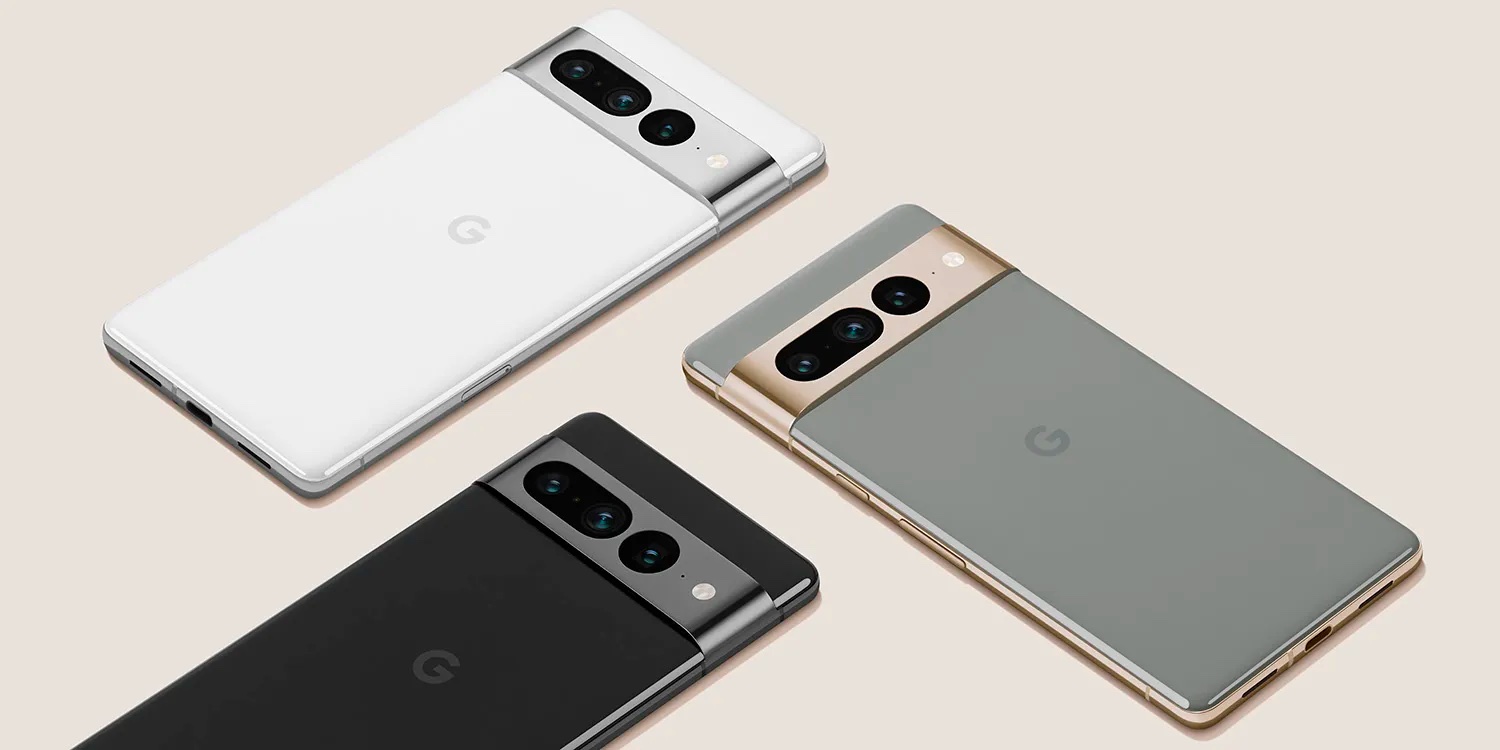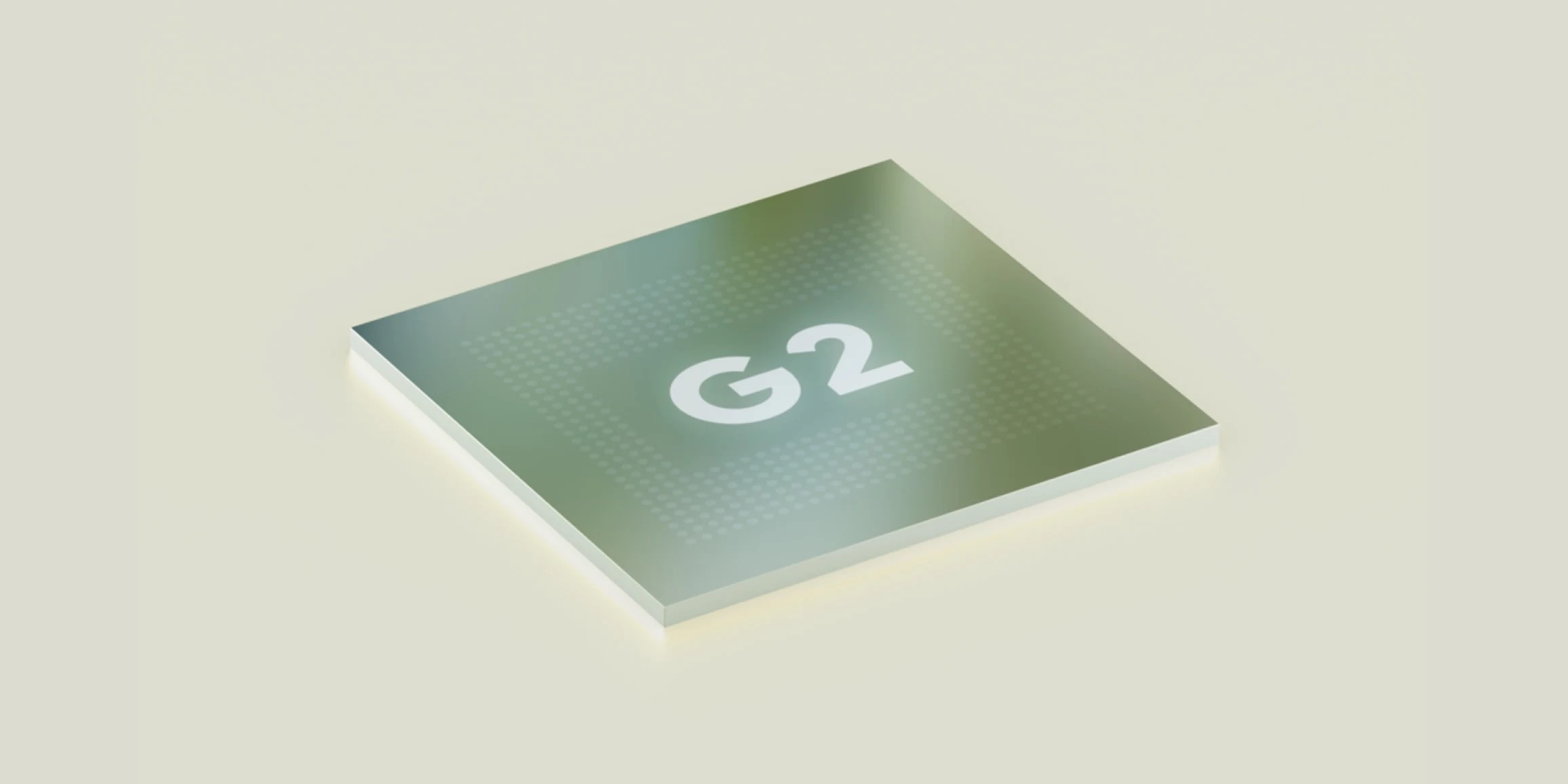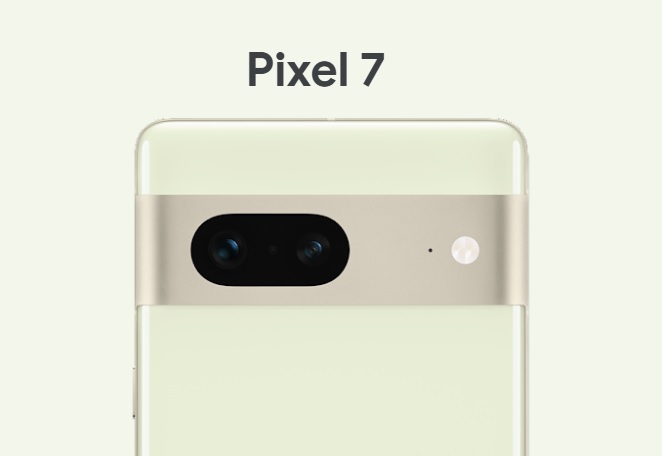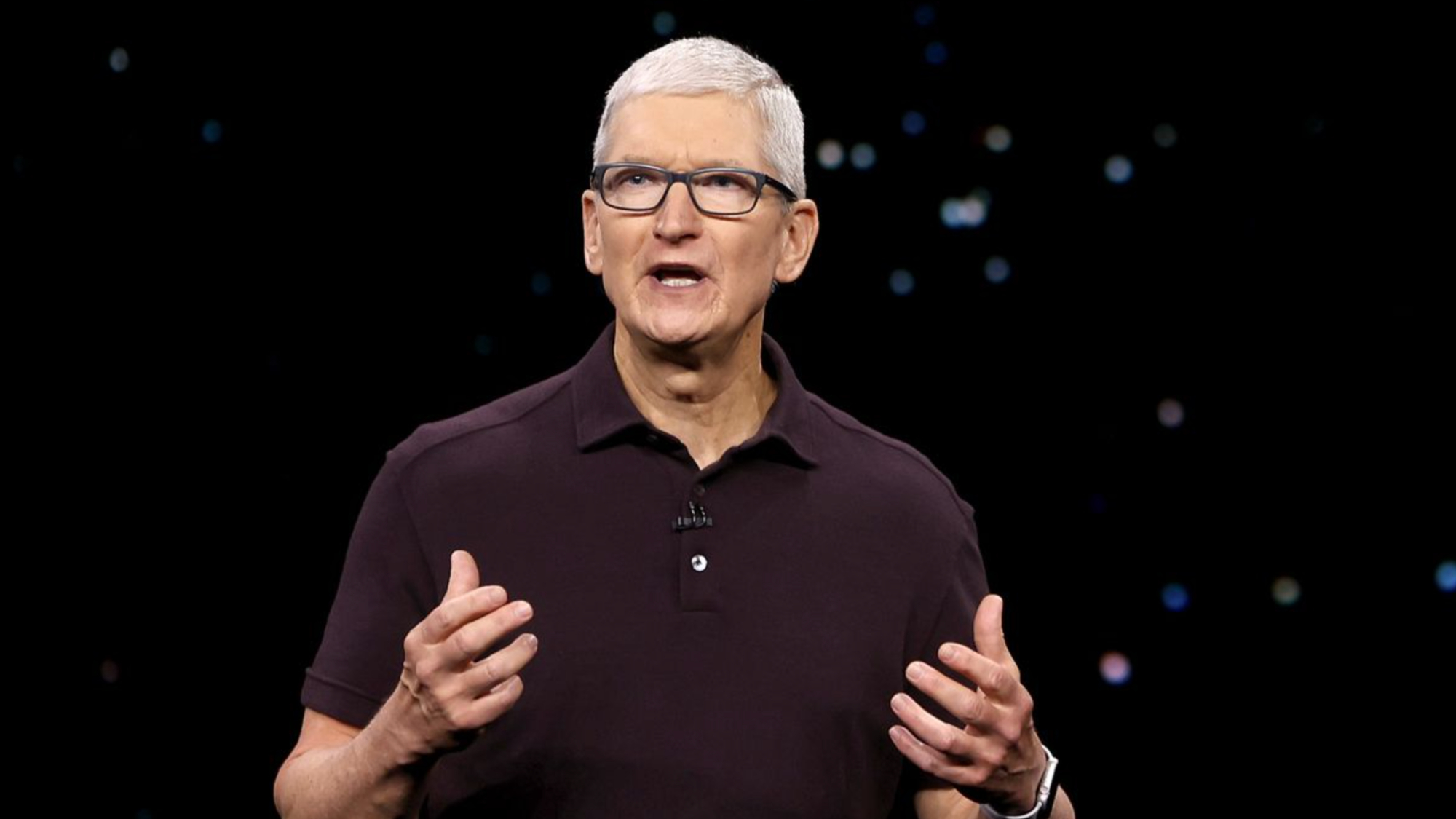Google Pixel 7 — 5 top upgrades I want to see
Google's next Pixel will impress with these features

Here at Tom’s Guide our expert editors are committed to bringing you the best news, reviews and guides to help you stay informed and ahead of the curve!
You are now subscribed
Your newsletter sign-up was successful
Want to add more newsletters?

Daily (Mon-Sun)
Tom's Guide Daily
Sign up to get the latest updates on all of your favorite content! From cutting-edge tech news and the hottest streaming buzz to unbeatable deals on the best products and in-depth reviews, we’ve got you covered.

Weekly on Thursday
Tom's AI Guide
Be AI savvy with your weekly newsletter summing up all the biggest AI news you need to know. Plus, analysis from our AI editor and tips on how to use the latest AI tools!

Weekly on Friday
Tom's iGuide
Unlock the vast world of Apple news straight to your inbox. With coverage on everything from exciting product launches to essential software updates, this is your go-to source for the latest updates on all the best Apple content.

Weekly on Monday
Tom's Streaming Guide
Our weekly newsletter is expertly crafted to immerse you in the world of streaming. Stay updated on the latest releases and our top recommendations across your favorite streaming platforms.
Join the club
Get full access to premium articles, exclusive features and a growing list of member rewards.
We are a little more than a week away from Google’s October 6 launch event where the company's next phones — the Google Pixel 7 and Pixel 7 Pro will get their first real time in the public eye after brief demo back in May.
Even though the tech giant gave us that glimpse of what the Pixel 7 would look like during its Google I/O 2022 conference, it has remained mostly tight lipped about the phones ever since, not revealing anything further. As a result, we know only have a few official details — and a lot of rumors — to give us the full Pixel 7 picture.
When it arrives, Google’s Pixel 7 will be up against some of the best phones like the iPhone 14 that was recently launched and the Samsung Galaxy S22. A recent rumor brought some welcome news that the price for the Pixel 7, as Google's phone could be $200 less than the $799 iPhone 14. If true, the Pixel 7 might start out with a huge advantage over Apple’s flagship. But it will need some seriously impressive features and smarts to stand out this year.
Google got many things right with the Pixel 6 like the camera and software features that were powered by its own Tensor chip. But there were also some disappointing areas — battery life failed to wow and the fingerprint scanner proved unreliable. Hopefully, Google learns from those lessons when it's time to roll out the Pixel 7.
To that end, here are some of the big upgrades we hope Google brings to the Pixel 7 if it wants to overtake — or at least level-up against — Apple and Samsung.
Google Tensor G2
This is one upgrade that's no secret — Google already told us that it's working on a second-generation Tensor for the Pixel 7 after the first-generation chipset debuted with last year's Pixel 6 lineup.
Much of Google’s software magic stems from the machine learning core of the Tensor silicon, which powered some of the best and most innovative features on the Pixel 6. This included the most talked about photo-editing feature — Magic Eraser, which made removing subjects from the background a piece of cake. Other AI skills included voice-powered typing right on the device, the camera’s ability to recognize text and one feature that I have used a lot — translating text on-the-go.
Get instant access to breaking news, the hottest reviews, great deals and helpful tips.

The initial version of Tensor focused on machine learning and AI especially with the Pixel's camera features, trailing behind Apple's A series silicon on areas like power efficiency and performance. Hopefully, Google recognizes these shortcomings and gives us a second-gen Tensor chip that better competes with Apple’s A16 Bionic chip which powers the iPhone 14 Pro models — or at least makes a run at the A15 inside the standard iPhone 14.
In fact, there could be some changes to that effect. The Tensor G2 benchmarks recently got tipped, and the leaked results showed that big improvements could be coming to the GPU thanks to changes in the chip’s architecture. This could be a boon for the battery life of the phone as well — something the Pixel 7 will definitely need to push ahead of competition.
Longer battery life
One feature we're keeping a lookout for at Google’s event will be the battery enhancements on the Pixel 7. Hopefully Google has improved on what was one of the Pixel 6's more disappointing features.
The Pixel 6 battery clocked in at around the 8-hour mark in our test, in which we have a phone surf the web until it runs out of power. That result was around 2 hours behind the Samsung Galaxy S21 and 2.5 hours short of the iPhone 13. We are still putting the iPhone 14 through our battery tests, though the Pro Max model has already wound up on our best phone battery life list.
It seems like the battery capacity itself may not have been the issue since the Pixel 6 and Pixel 6 Pro feature pretty large 4,614 mAh and 5,000 mAh batteries respectively. Maybe the new Tensor chipset could play a role in more efficient power management with the Pixel 7 series.
Camera features that keep up with the iPhone 14

Whatever else you think about Google's handsets, they usually rank among the best camera phones. It will be exciting to see how much the company pushes the boundaries of smartphone photography on the Pixel 7, as the new phone will need top-notch features to match up with the iPhone 14.
The basic iPhone 14 didn't get the 48MP bump up its sibling, the iPhone 14 Pro got — but it has still got a seriously good camera with a larger sensor and a faster aperture compared to the iPhone 13. That results in vastly improved low light shots and action pictures, at least in our testing.
There is also an ultrawide camera on the iPhone 14 that compares well to the Pixel 6 ultrawide lens. The iPhone 14 brings 2x better low-light performance (compared to iPhone 13) to the party.
Besides a focus on dimly lit shots this year, Google also introduced a new computational photography feature called Photonic Engine. Pixel 7 will have to catch up to the low-light performance and punchy colors the iPhone 14 brings.
Rumors have indicated that the Pixel 7 could stick with the same camera lenses we saw on the Pixel 6. This means that the new Pixel 7 would sport a 50MP main camera and a 12MP ultrawide angle shooter.
Even if Google leaves the hardware unchanged, we hope the company uses AI and computational photography to bring some impressive camera features. In fact, this could be another feather in Tensor 2’s hat.
Smarter software features
As we mentioned, the Pixel 6 wowed us with the nifty Magic Eraser, which Google then further improved with the Pixel 6a this summer. We expect the Pixel 7 to come with various software smarts as well, but the phone also will need more personalized features and security enhancements.
Apple's iPhone 14 introduces Crash Detection and Emergency SOS via satellite for every iPhone 14 model — a unique and helpful feature for users in distress. Hopefully, Google has features of its own along these lines for the Pixel 7.
The Pixel 7 will run on Android 13, and thanks to Google's Pixel Feature Drop updates we should expect to see some of these features trickle in even after the launch.
Better fingerprint sensor
The in-display fingerprint sensor on the Pixel 6 ran into some issues at launch where users complained that it was slow and erratic. It was the first time Google had come out with an in-display fingerprint unlocking, after using a physical sensor before.
The Pixel 6a introduced some improvement to its own sensor, and we'd expect the Pixel 7 to adopt that approach, if not improve upon it.
We would also be happy if Google decided to adapt Qualcomm's ultrasonic fingerprint reader system, which uses soundwaves to recognize your prints and therefore is less affected by scratches on the screen.
Another option the company could opt for would be face unlock. Just last month we heard that Google could possibly bring face unlocking to the Pixel 6, but now it is believed that the company is testing that capability for the Pixel 7. We're hoping that where there’s smoke, there’s fire, and we see face unlock make its debut on the Pixel smoothly.
Next: 5 ways the Google Pixel 7 Pro could beat the iPhone 14 Pro.

Sanjana loves all things tech. From the latest phones, to quirky gadgets and the best deals, she's in sync with it all. Based in Atlanta, she is the news editor at Tom's Guide. Previously, she produced India's top technology show for NDTV and has been a tech news reporter on TV. Outside work, you can find her on a tennis court or sipping her favorite latte in instagrammable coffee shops in the city. Her work has appeared on NDTV Gadgets 360 and CNBC.
 Club Benefits
Club Benefits










